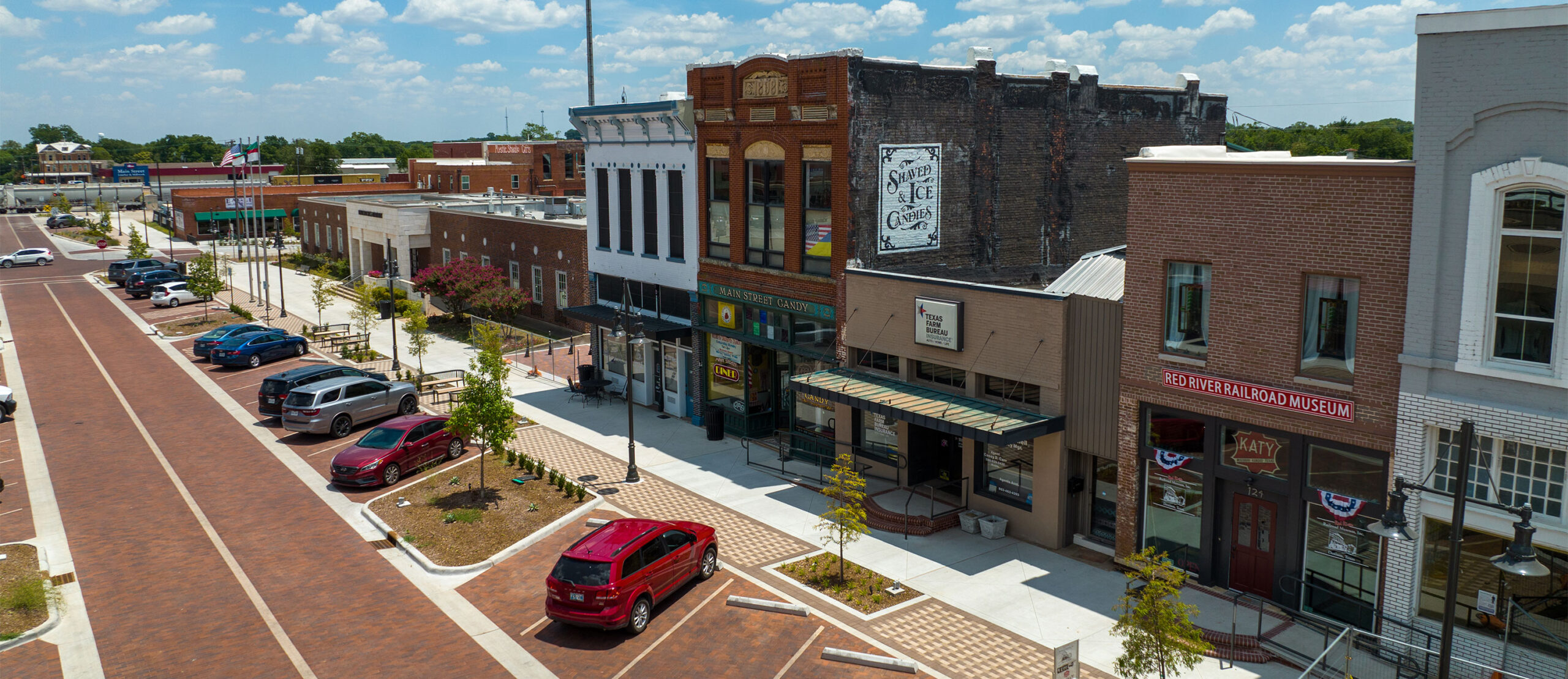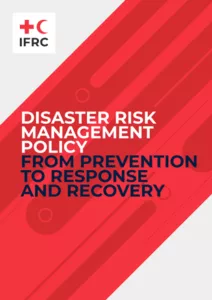Are you and your business prepared for a disaster?
 What is a disaster?
What is a disaster?
According to the IFRC, a disaster is “a serious disruption of the functioning of a community that exceeds its capacity to cope using its own resources. There are many potential causes of such disruption, including natural and technological hazards, industrial accidents, mass movements of populations and infectious and contagious diseases, as well as various factors that influence the exposure and vulnerability of communities.”
A disaster can vary from community to community. Natural disasters such as tornadoes, hurricanes, earthquakes, landslides, floods, and most recently a worldwide pandemic, can cause catastrophic changes to the landscape, homes and businesses; cause displacement of people and animals; affect mobility into and out of the region; and affect the availability of utilities, food and medicine.
Although a disaster may not affect portions of the community because houses and businesses still stand and resources remain, a community may be suffering as a whole, from a scarcity of resources, loss of workforce due to relocation, higher costs of goods to reach the region, among other factors.
For example, the following situations could be classified as “disasters” and cause a serious disruption to community functions:
- A cyber-attack on a company that provides thousands of jobs to the community and shuts down operations for an extended period
- An cyber-attack on the electric grid that causes blackouts or brownouts for days
- A train derailment causing a chemical spill or extensive damage to the area
- For a community that relies on one industry or resource, a drastic drop in price of the resource that the industry provides
- Destruction of roads or bridges that prevent access to an area
- Fires that destroy farmland, businesses and homes
- Flooding that wipes out certain areas of the county
- Civil riots that destroy community businesses, etc.
No business is immune to these disasters. It is highly recommended that businesses prepare themselves and create a business continuity plan so they may be resilient in the face of a disaster.
What is a Business Continuity Plan?
A business continuity plan addresses the company’s core functions and how the company’s operations will continue, if possible, when there is a disaster. It should, at a minimum, address the following:
- Determine and document which staff, materials, procedures, and equipment are absolutely necessary to keep the business operating;
- Identify and document suppliers, shippers, and resources—especially interrelationships within the community;
- Define and document crisis management procedures and individual responsibilities in advance;
- Plan for inaccessibility to the building, plant, or store;
- Plan for payroll continuity;
- Share contact information and business continuity plans with other businesses in the building or industrial complex;
- Keep copies of important records such as site maps, building plans, insurance policies, employee contact and identification information, bank account records, supplier and shipping contact lists, and computers in multiple secure locations;
- Include employees from all levels in the planning process and as active members of the emergency management team; and
- Have a plan to review your emergency plans semi-annually.
The business, its management and employees should also be made aware of the community resources that are available after a catastrophic disaster, which affects an entire region.
How do I get started?
What other local resources exist?
City of Denison Emergency Management
Preparation for any disaster starts with gaining information so future planning is possible. The City of Denison provides a plethora of resources and information for the Denison Community.
Denison Ready
There are many how-to guides and preparation manuals on the Denison Ready portion of the City of Denison's website, presenting topics such as how to prepare for disaster, communicate with loved ones, and how to prepare your child in the case of an emergency. Specific how-to guides are also available that address conditions such as extreme heat, floods, pandemics, power outages, thunderstorms, tornados, wildfires and winter storms.
Emergency Notifications
You can also learn about the emergency notification system within the City of Denison and sign up to receive notifications in case there is a local emergency. The City of Denison has instituted a CodeRED Emergency Notification system, which allows City personnel to notify targeted areas of Denison in case of an emergency that requires immediate action.
What state and national resources are available?
State and federal governments and institutions provide the following resources to help guide you, your family, and your business in preparing and planning for possible future disasters:
- Texas Ready Resources
- NCTCOG - Local Disaster Recovery Framework and Toolkit
- Texas EDC Resilience and Recovery Guide and Toolkit
- TEDC Resilience Recovery Guide (PDF)
- Texas General Land Office Disaster Recovery
- TDEM Recovery
- TDHCA Disaster Relief Resources for Individuals and Families
- Business & Community Emergency Recovery Resources
- TDHCA Help for Texans
- Disasterassistance.gov
- FEMA Community Recovery Management Toolkit
- FEMA National Incident Management System
- Restore Your Economy
- Bing Videos
- Main Street America's Emergency Preparedness Guide
Who do I contact in the event of an emergency?
The City of Denison has a dedicated line for water, sewer, and other emergencies at 903-465-2720 ext. 5105.
For emergency management such as prevention, mitigation, preparedness, response and recovery, contact 903-465-2720, ext. 5035. Ronnie Bates, the Emergency Management Coordinator for the City is also available at 903-465-2720 ext. 2441 as well as Hunter Harris at 903-465-2720 ext. 2473.
If you’re experiencing a power outage, Oncor may be reached at 1-888-313-4747.
If there are problems with your gas or suspect a natural gas leak indoors or outdoors, you may call the Atmos Energy gas emergency number at 1-866-322-8667.


